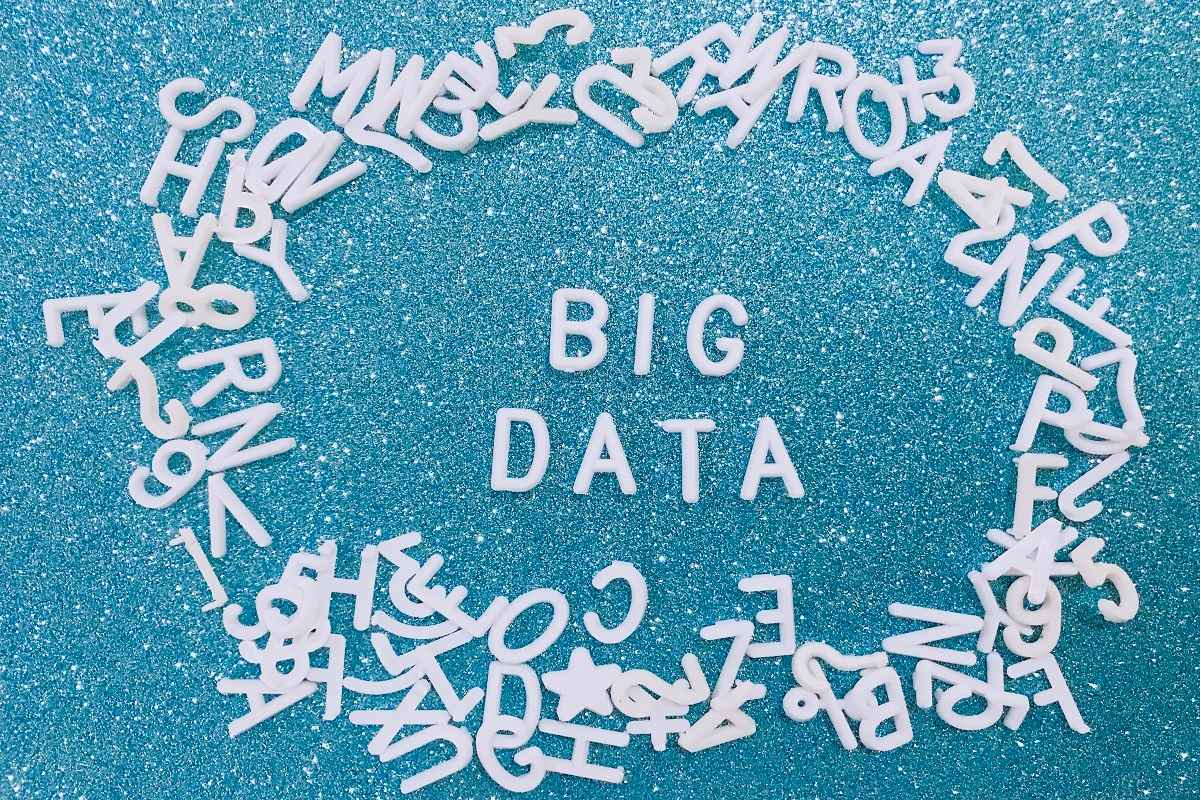What Is Big Data?
Big data refers to extremely large datasets that cannot be easily managed, processed, or analyzed using traditional data processing techniques. These datasets are typically characterized by three Vs: Volume, Variety, and Velocity. Volume refers to the sheer size of the data, which can range from terabytes to petabytes. Variety indicates the different types and formats of data, including structured, semi-structured, and unstructured data. Velocity denotes the speed at which data is generated and needs to be processed.
Big data is derived from various sources, such as social media, sensors, Internet of Things (IoT) devices, business transactions, and more. The diverse nature of these data sources contributes to the complexity of big data analysis. Unlike conventional data analysis, big data requires specialized tools and techniques to derive meaningful insights.
Big data analytics involves the use of advanced algorithms, artificial intelligence (AI), machine learning (ML), and data visualization tools to extract insights and patterns from large datasets. These insights can be used to drive decision-making, optimize business processes, improve customer experiences, and identify emerging trends.
Why Learn About Big Data Nowadays?
Learning about big data is more relevant than ever in today’s data-driven world. As organizations across various industries rely increasingly on data to make informed decisions, big data skills are in high demand. Here are some reasons why learning about big data is valuable:
First, big data is essential for data-driven decision-making. By analyzing large and complex datasets, organizations can gain insights that inform strategic decisions, improve operational efficiency, and enhance customer experiences. Learning about big data equips you with the skills to help organizations make data-driven decisions and stay competitive.
Second, big data plays a key role in emerging technologies such as artificial intelligence (AI) and machine learning (ML). These technologies rely on large datasets to train algorithms and build predictive models. By learning about big data, you can contribute to the development of AI and ML applications and support the advancement of these technologies.
Third, learning about big data offers a wide range of career opportunities. Professionals with expertise in big data can work in various fields, including data science, data engineering, business analytics, and IT consulting. The ability to manage and analyze large datasets is highly valued, providing career growth and development opportunities.
Work in Big Data
Working in big data involves a variety of roles and responsibilities focused on managing, processing, and analyzing large datasets. Big data professionals collaborate with data scientists, engineers, business analysts, and IT teams to develop and implement big data solutions. Here are some key aspects of working in big data:
1. Data Collection and Storage
Big data professionals are responsible for collecting and storing large datasets from various sources. This requires an understanding of data collection techniques, data storage systems, and database management. They work with technologies like Hadoop, NoSQL databases, and cloud-based storage solutions to ensure efficient data management.
2. Data Processing and Cleaning
Big data professionals process and clean large datasets to ensure data quality and reliability. This involves removing inconsistencies, handling missing data, and standardizing formats. They use tools like Apache Spark, Python, and R to preprocess data and prepare it for analysis.
3. Data Analysis and Visualization
Big data professionals analyze large datasets to extract insights and patterns. This requires expertise in data analysis techniques, statistical methods, and machine learning algorithms. They use tools like TensorFlow, Scikit-Learn, and Tableau to perform data analysis and create visualizations that communicate insights effectively.
4. Big Data Security
Security is a critical aspect of big data work. Big data professionals must ensure that data is protected from unauthorized access, breaches, and cyber threats. This involves implementing data encryption, access controls, and security best practices to safeguard sensitive information.
5. Collaboration and Communication
Big data professionals collaborate with various stakeholders to understand business requirements and deliver actionable insights. They communicate complex data concepts in a clear and understandable manner to non-technical stakeholders, enabling data-driven decision-making across the organization.
Why Is Big Data Crucial for Innovation?
Big data is crucial for innovation because it enables organizations to harness large and complex datasets to drive insights, inform decisions, and develop new technologies. By focusing on data-driven approaches, big data fosters innovation in various industries. Here are some reasons why big data is key to fostering innovation:
1. Advanced Data Analysis
Big data enables advanced data analysis techniques that drive innovation. By analyzing large datasets, organizations can uncover hidden patterns, identify trends, and make data-driven predictions. This drives innovation in areas like artificial intelligence, machine learning, and predictive analytics.
2. Personalized Customer Experiences
Big data allows organizations to create personalized customer experiences by analyzing customer behaviors and preferences. This focus on personalized experiences drives innovation in marketing, customer service, and product development.
3. Operational Efficiency
Big data fosters innovation in operational efficiency by identifying areas for process improvement and cost reduction. By analyzing data from business operations, organizations can streamline processes and enhance productivity.
4. New Business Models
Big data supports the development of new business models by providing insights into market trends and consumer behaviors. This drives innovation in business strategy, product development, and revenue generation.
5. Healthcare and Research
Big data is crucial for innovation in healthcare and research by enabling advanced data analysis and medical research. By analyzing large datasets, healthcare professionals can improve patient outcomes, identify new treatments, and drive medical innovation.


